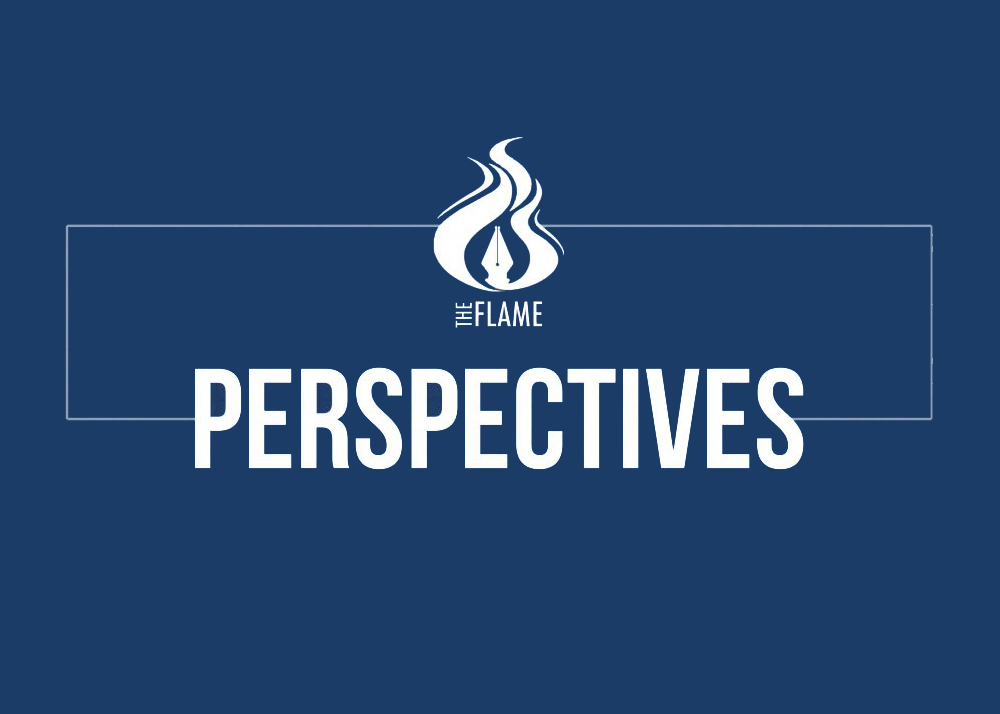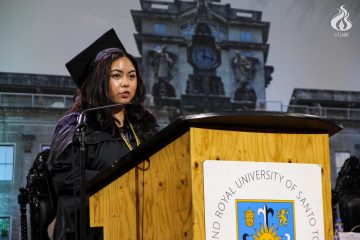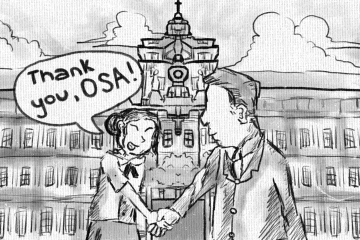By FATE EMERALD M. COLOBONG
On July 5, 1991, the Philippine government enacted the Campus Journalism Act, which aims to protect the freedom of campus journalists and campus publications.
However, what good is a law that protects the establishment of a free campus press if school administrations can decide that they are bigger than the law?
In my two years of writing in the Issues or special reports section of the Flame, first as a staffer and now as the section editor, I was often asked if I am not scared of writing articles that might “trigger” the administration, especially now that I’m a graduating student.
There was also a time when one of my sources asked me if my press freedom was being trampled upon.
That time, I was working on an article about a controversy concerning UST and its values. Only one person out of the seven people in the University’s administration I contacted and requested an interview with—a representative of the student body—answered. The rest refused to talk.
About the question, I initially answered: No.
As a Flame writer, I have the freedom to pursue and write any story or issue as long as it is relevant. Not even the Faculty administration controls the story we write. No one stops me until I begin my legwork and sources come to play. So, in response to the interview question, I added: “At the end of the day, because I need the input and the side of the sources, we cannot a publish a story that is half-baked; it would still depend on them if they would answer. But, although there are some generous enough to grant interviews, in most, if not all cases, they don’t.”
Also, there is the fear of possible threat from the administration.
But on the issue of harassment from sources, I haven’t experienced one yet. However, regardless if there is any, in an institution where the ascendancy of students over the University’s higher ups is so slender to the point of naught, the only thing we can do, in my experience, is to tread very carefully, lest we be accused of being too anti-establishment.
In a report by Rappler, University of the Philippines journalism professor Danilo Arao said the campus press, like mainstream media, also plays a huge role in informing not just the student body, but the public as well, of relevant issues which help shape opinions and preserve freedom of speech and expression.
I cannot argue that the freedom of press is absolute, but where is the line?
In the education we received from the University, we were taught as student journalists to stand up, fight, and seek the truth. But suddenly, a new line is drawn by that very institution, which hinders you from exercising or doing the very thing it taught you. So you stand back, they say, and just wait for their official statement.
“Their official statement”: the institution, the administrators, the ones relieving themselves of accountability over their own actions and decisions with rhetorics. F
Editor’s Note: This article was originally published in Vol. 54, Issue No. 3 of the Flame. View the entire issue through this link: https://issuu.com/abtheflame/docs/pages_-_the_flame_issue_3




